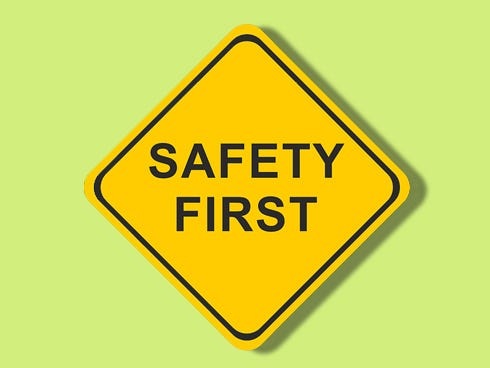
CRESTVIEW — The Florida Department of Health in Okaloosa County is cautioning the public to make sure their family is safe this Fourth of July weekend.
Fourth of July is synonymous with barbecues, parades and fireworks displays, but along with all the festivities are plenty of visits to emergency rooms.
In 2013, eight people died and about 11,400 were injured badly enough to require medical treatment after fireworks-related incidents, according to the U.S. Consumer Product Safety Commission. While the majority of these incidents were due to amateurs attempting to use professional-grade, homemade or other illegal fireworks or explosives, 40 percent were from legal, less powerful devices.
Fireworks also are responsible for thousands of home fires each year. The National Fire Protection Association reports that in 2011, fireworks caused about 1,200 structure fires.
DOH-Okaloosa recommends enjoying fireworks at a public display conducted by seasoned professionals and reminds everyone to be responsible when using legal fireworks.
What fireworks are legal in Florida?
The only fireworks legal for use by consumers who don't possess a special permit in Florida are those that fall into the category known as "sparklers." Those include items such as sparklers, fountains, snakes, and glow worms. Florida law prohibits the recreational use of any fireworks that fly through the air or explode, such as Roman candles, bottle rockets and mortars.
Sparklers
Every year, young children can be found along parade routes and at festivals with sparklers in hand, but they are a lot more dangerous than most people think. Parents don't realize they burn at about 2,000 degrees – hot enough to melt some metals. Sparklers can quickly ignite clothing, and many children have received severe burns from dropping sparklers on their feet.
The National Safety Council provides these fireworks safety tips:
•Never allow young children to handle fireworks.
•Older children should use them only under close adult supervision.
•Anyone using fireworks or standing nearby should wear protective eyewear.
•Never light them indoors.
•Only use them away from people, houses and flammable material.
•Only light one device at a time and maintain a safe distance after lighting.
•Never ignite devices in a container.
•Do not try to re-light or handle malfunctioning fireworks.
•Soak unused fireworks in water for a few hours before discarding.
•Keep a bucket of water nearby to fully extinguish fireworks that don't go off or in case of fire.
This article originally appeared on Crestview News Bulletin: State health department in Okaloosa cautions about dangers of fireworks
